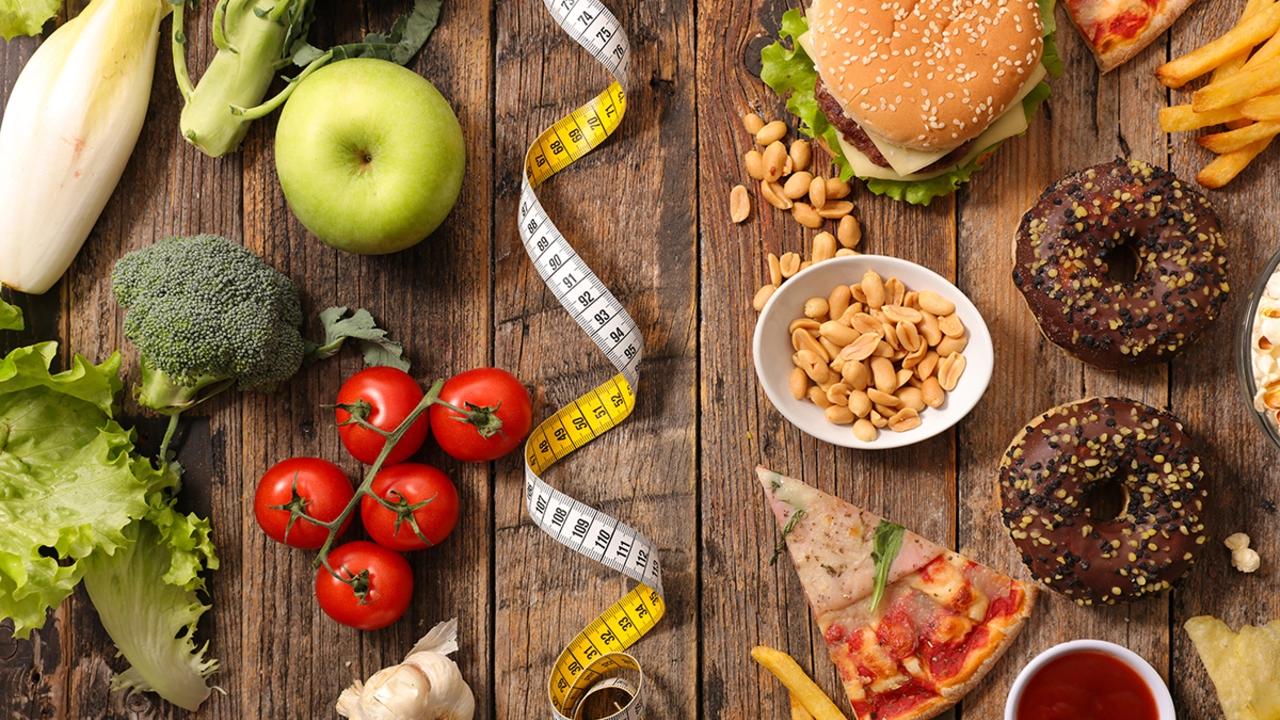Nutrition Made Simple: Practical Tips for Everyday Health
Ever feel confused by all the diet advice out there? You’re not alone. The good news is that good nutrition doesn’t have to be complicated. Most of the time it’s just about choosing the right foods, watching how much you eat, and staying consistent. Below are easy steps you can start using right now to boost your energy and support your body.
Build a Balanced Plate
The easiest way to get the right nutrients is to think of your plate as three parts: half veggies and fruit, a quarter protein, and a quarter whole grains or starchy veg. This visual trick works whether you’re cooking at home or ordering out. Load up on colorful veggies like carrots, bell peppers, and leafy greens – they give you vitamins, fiber, and a feeling of fullness without many calories. Add a source of lean protein such as chicken, beans, tofu, or fish to keep muscles strong and blood sugar steady. Finish with whole grains like brown rice, quinoa, or whole‑wheat bread for lasting energy.
Read Labels and Watch Portions
Package foods can hide extra sugar, salt, and unhealthy fats. When you pick something up, glance at the nutrition facts. Aim for items with less than 5 g of added sugar per serving and under 600 mg of sodium. Keep an eye on the serving size – it’s often smaller than the amount you actually eat. A handy trick is to compare the calories per serving with how many you plan to eat. If it’s more than you need, consider swapping it for a whole‑food alternative.
Portion control doesn’t mean you have to count every bite. Use everyday objects as guides: a palm‑sized portion of protein, a fist of carbs, and two cupped hands of veggies. This method works well for snacks too – a handful of nuts or a small apple can satisfy cravings without overdoing it.
Staying hydrated is another piece of the puzzle. Thirst often masquerades as hunger, leading to unnecessary snacking. Aim for eight glasses of water a day, and add a slice of lemon or cucumber for a flavor boost if plain water feels boring.
If you struggle to get enough nutrients, consider a simple multivitamin or a specific supplement like vitamin D or omega‑3s, but only after checking with a doctor. Real food should always be the main source of vitamins and minerals.
Finally, give yourself room to enjoy the foods you love. Strict restrictions can backfire, causing binge episodes later. Allow a small treat once a week – a piece of dark chocolate, a handful of chips, or a slice of pizza. The key is moderation, not deprivation.
By following these straightforward steps – balancing your plate, reading labels, controlling portions, drinking enough water, and allowing occasional treats – you’ll build a nutrition habit that feels natural and sustainable. Start small, stay consistent, and watch how your energy, mood, and overall health improve over time.
